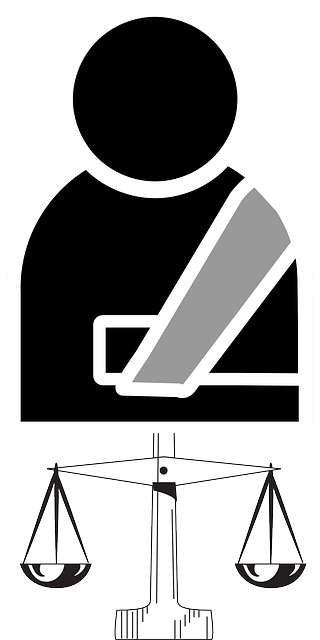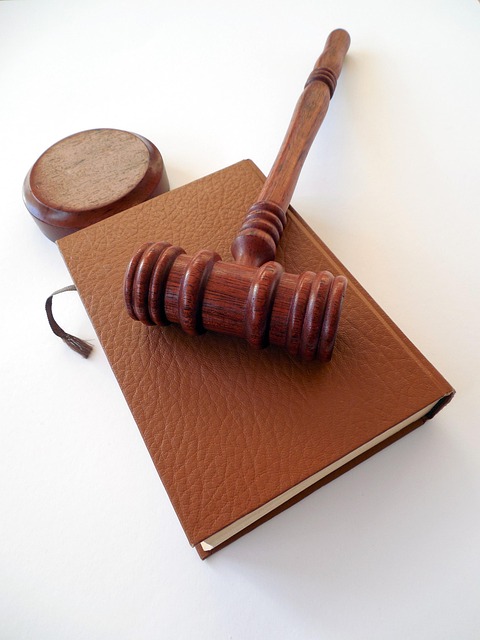Personal injury law encompasses a wide range of legal cases focused on compensating victims for harm caused by others' negligence or intentional acts, covering scenarios from car accidents and slip-and-falls to medical malpractice. Key terms like 'negligence' and 'damages' are central to understanding victims' rights and remedies. The process involves gathering evidence, legal filings, and potentially jury trials, with specialized attorneys guiding clients through this complex yet structured pathway. Damages can include medical bills, lost wages, pain and suffering, and specific types tailored to case nature and jurisdiction, emphasizing fair compensation for victims' losses.
Personal injury law is a crucial area of legal practice, ensuring individuals receive fair compensation for harm caused by others’ negligence. This comprehensive guide delves into the intricacies of personal injury law, offering valuable insights for those navigating this complex landscape. We explore key definitions and the scope of this law, dissecting common types of cases and claims. Additionally, we outline the step-by-step process of filing a lawsuit and detail the types of damages available to victims, empowering them with knowledge in their pursuit of justice.
- Understanding Personal Injury Law: Key Definitions and Scope
- Common Types of Personal Injury Cases and Claims
- The Process of Filing a Personal Injury Lawsuit
- Damages and Compensation in Personal Injury Lawsuits
Understanding Personal Injury Law: Key Definitions and Scope

Personal injury law encompasses a range of legal issues related to compensation for injuries suffered by individuals due to another party’s negligence or intentional actions. At its core, it involves defining and establishing liability when someone is harmed as a result of another person’s or entity’s carelessness. The scope of this law extends to various scenarios, from car accidents and slip-and-fall incidents to medical malpractice and product liability cases.
Key definitions within personal injury law include terms like “negligence,” which refers to a failure to exercise reasonable care, and “damages,” representing the compensation awarded to rectify the harm caused. Understanding these concepts is vital as they shape the rights and remedies available to victims. Personal injury law not only ensures accountability for negligent actions but also provides a legal framework to help individuals secure fair compensation for their injuries, medical expenses, pain, and suffering.
Common Types of Personal Injury Cases and Claims

In the realm of personal injury law, a wide range of cases and claims fall under this category, each with its unique circumstances and legal implications. Some of the most common types include car accidents, where individuals may seek compensation for injuries sustained in collisions involving motor vehicles. These claims often involve issues of negligence, liability, and damages, as parties aim to navigate the intricate processes of insurance adjustments and legal proceedings.
Another prevalent type is medical malpractice, arising from mistakes or omissions by healthcare professionals during diagnosis, treatment, or care. This can encompass misdiagnosis, surgical errors, prescription errors, and more. Victims of such incidents often require extensive legal expertise to navigate complex medical records and expert testimony in order to secure justice and fair compensation under personal injury law.
The Process of Filing a Personal Injury Lawsuit

When considering filing a personal injury lawsuit, understanding the process is crucial. The first step involves gathering all relevant information and evidence related to the incident that caused your injuries. This includes medical records, police reports, witness statements, and any other documentation that supports your claim. Once prepared, you’ll need to choose a qualified attorney who specializes in personal injury law to represent you. They will guide you through each phase of the legal process, from filing a complaint with the court to negotiating a settlement or presenting your case before a jury.
The actual filing of a lawsuit typically begins with submitting a written claim to the defendant and, if necessary, their insurance company. This is followed by a period where both parties exchange information and evidence. If negotiations fail to reach a fair settlement, the case may proceed to discovery, where each side collects and analyzes more detailed evidence. The process can be complex and time-consuming, but with the support of an experienced attorney, navigating these steps becomes more manageable, ensuring you receive the compensation you deserve under personal injury law.
Damages and Compensation in Personal Injury Lawsuits

In personal injury law, damages and compensation play a crucial role in ensuring that victims receive fair reimbursement for their losses. When pursuing a personal injury lawsuit, individuals can seek various forms of compensation to cover the expenses incurred due to another party’s negligence or intentional act. These may include medical bills, rehabilitation costs, lost wages, and pain and suffering. The goal is to restore the victim to as close to their pre-injury condition as possible.
The specific types of damages available depend on the jurisdiction and the nature of the case. For instance, in motor vehicle accidents, compensation might also include property damage costs, while in medical malpractice cases, future medical expenses can be awarded. Personal injury law allows for a nuanced approach to damages, recognizing that each case is unique. It’s important to consult with an experienced attorney who understands the complexities of personal injury law to determine the full range of potential compensation.
Personal injury law plays a vital role in ensuring individuals receive fair compensation for harm caused by others. By understanding key definitions, exploring common case types, and navigating the legal process, you can make informed decisions when pursuing a claim. This knowledge equips you to protect your rights and seek the damages you deserve under personal injury law.
